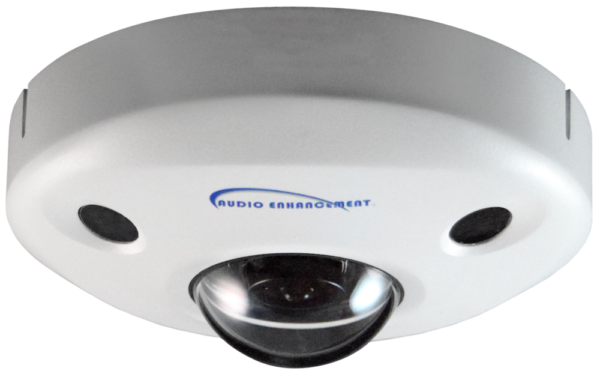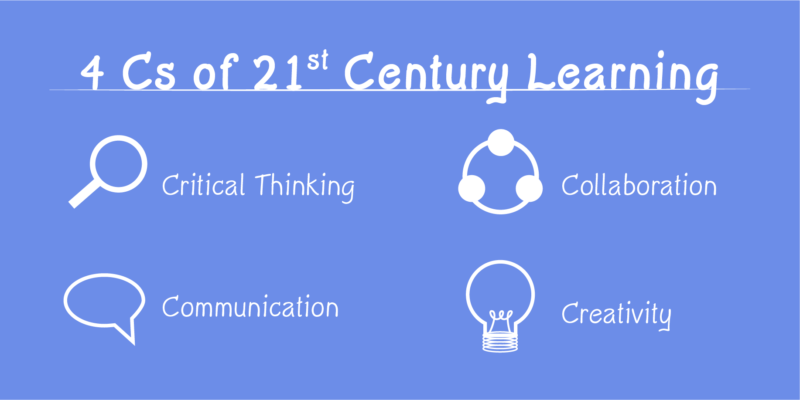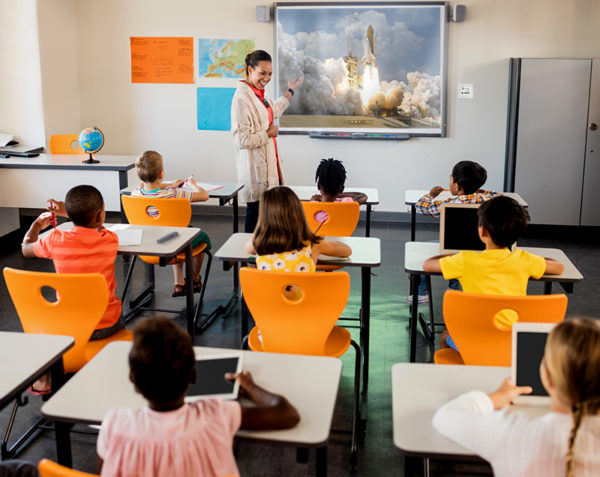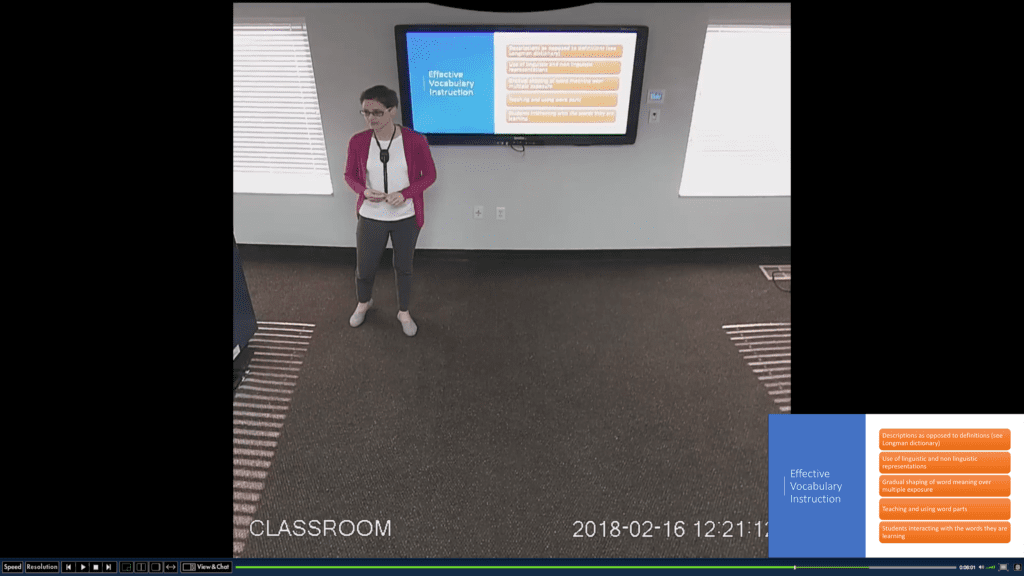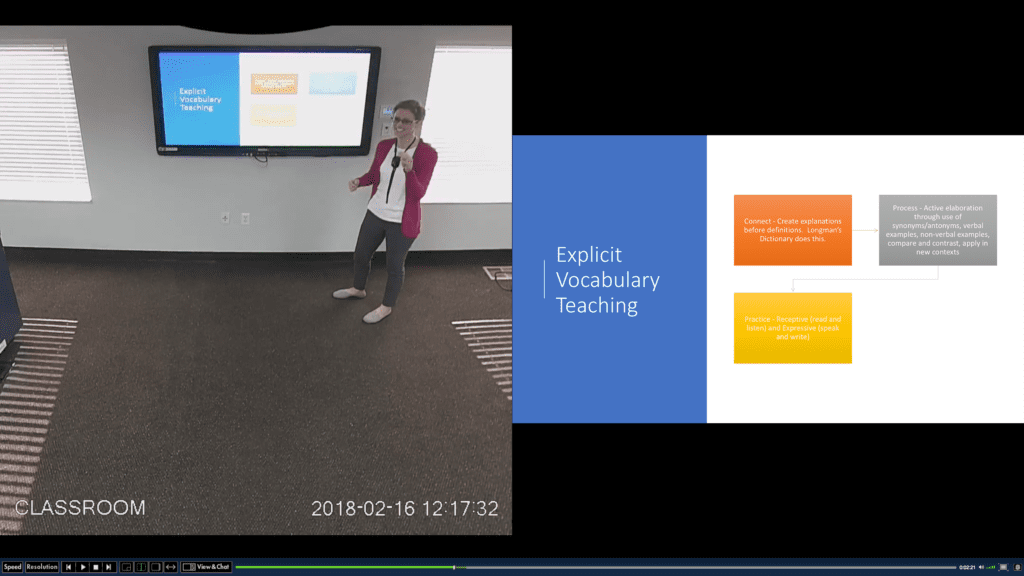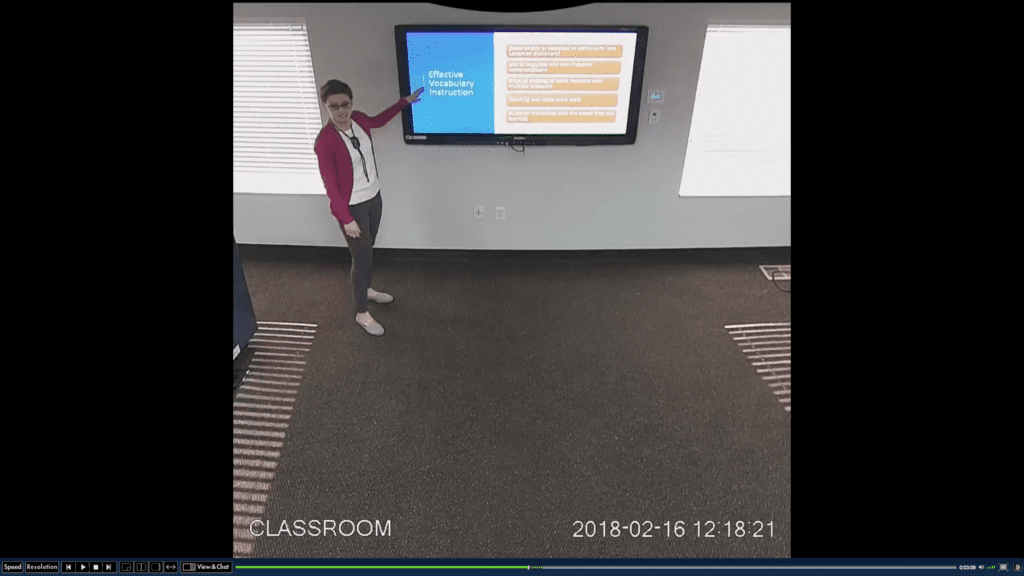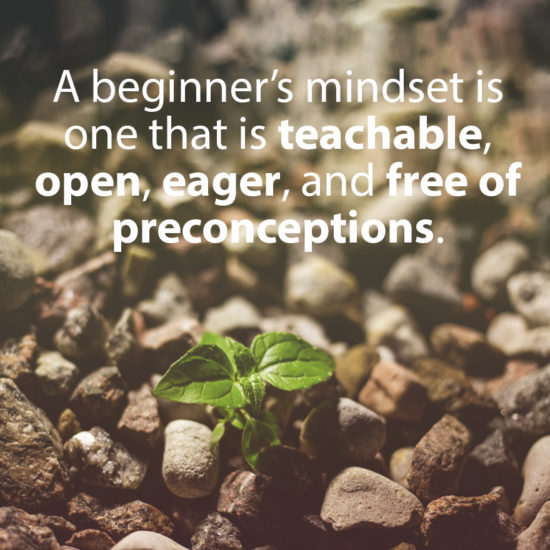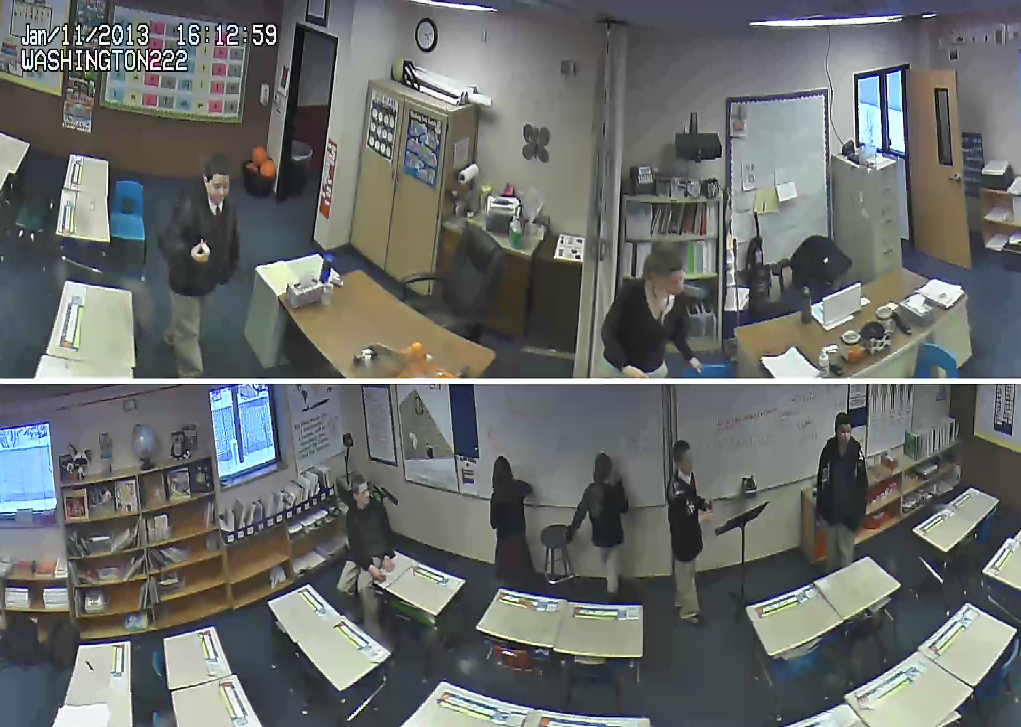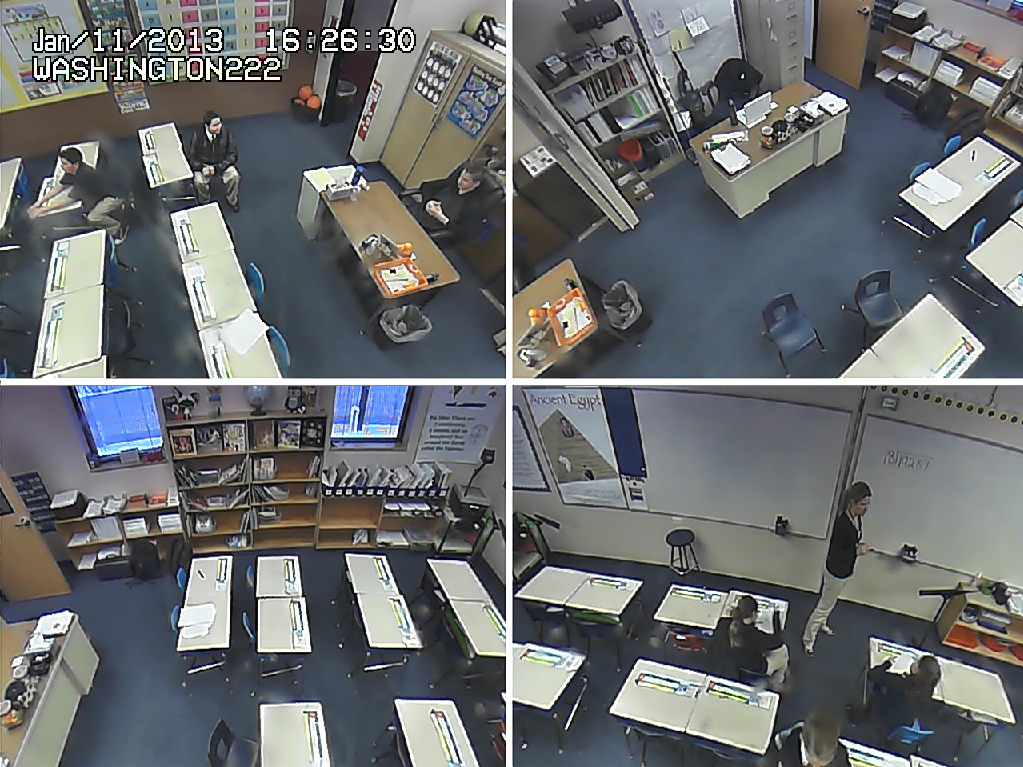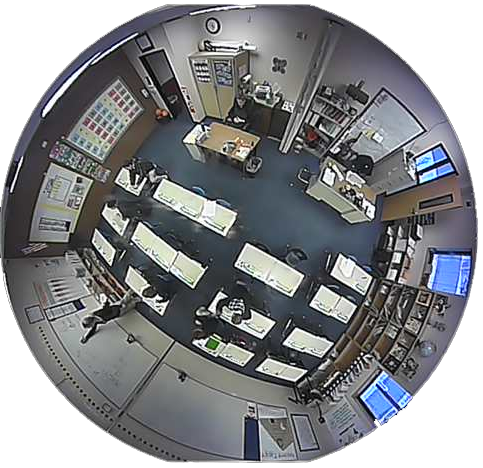Back to the Basics: A Beginner’s Mindset
Shunryu Suzuki, teacher of Zen Buddhism, stated, “in the beginner’s mind there are many possibilities; in the expert’s mind there are few.” A beginner’s mindset is one that is teachable, open, eager, and free of preconceptions, even when achieving expert or advanced levels. Someone who maintains a beginner’s mindset is motivated to have new experiences and go beyond the norm.
Think back to your first day of teaching. What was it like? Were you intimidated? Excited? Nervous? Confident? That feeling that everything is new, the need to learn, know, and experience more, is what kept you on your feet and constantly improving. 2010 National Teacher of the Year, Sarah Wessling stated that as teachers go back to school and start a new year, it is helpful to remember that feeling and maintain a beginner’s mindset.
Wessling recognized similarities in four finalists for the 2014 National Teacher of the Year Award, and found that all of them had a beginner’s mind. She said, “ask any of these teachers how they ended up being a finalist for National Teacher of the Year, and their response will be a humble head shake, shrugging shoulders, and a quiet, ‘I don’t know.’ Perhaps this is the beauty and the paradox: you can only be great when you don’t think you are.”
Every beginner has an innate willingness to learn with every new experience. Being a beginner means acknowledging that there’s so much more to know, and it can be liberating to allow yourself to be open to new ideas, to be clumsy and full of questions. Kate Ebner, of Georgetown University’s Leadership Coaching graduate program, explained that coaching students at Georgetown are required to take up something new for six months, like a new sport or instrument. Through this experience, students learn the “enormous value of being a beginner and experiencing the discomfort, awkwardness and self-consciousness of asking one’s body to do something new.”
So whether it’s your second year of teaching this year or your thirty-second, take a minute to remember what it was like on your first week. Take advantage of the beginner’s mind, with its questions and flexibility. It is a surefire way to stay on your feet, continually grow, and to not slip into routines or habits that can in the end hinder our progress. Ebner states, “as we ask ourselves to learn, we let go of resistance, we drop self-consciousness and devote attention to doing just the basics and then, slowly, reaching new levels of mastery.”



